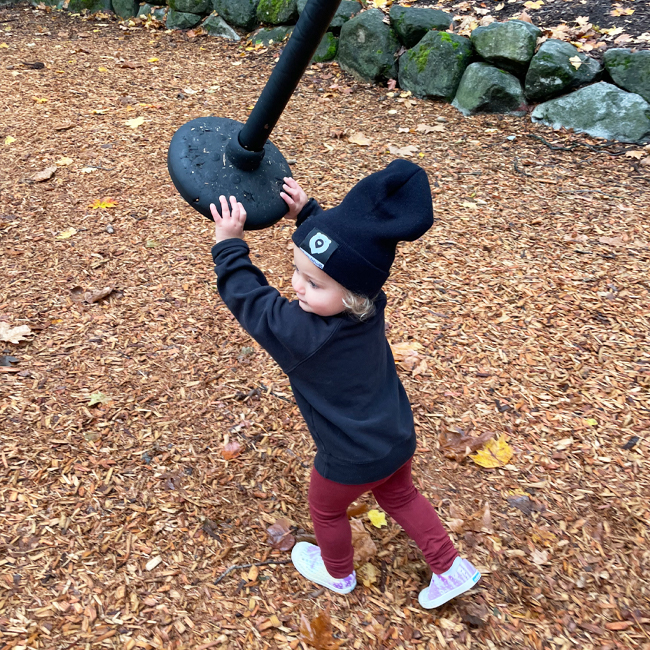In the adventure circles I run in, and over at Kids Who Explore, this topic is widely discussed. Because of that, it almost feels redundant to write about it, but whenever I say that I’m not a fan of using the words “be careful” for my child, I’m always met with more questions, so, I’m putting it in writing!!
Why Not Say “Be Careful?”
What does “be careful” mean? To anyone, really, but especially a child. When you say “be careful,” a child is often not seeing, or able to put together what you are thinking/seeing/meaning, and most definitely, they are not understanding quickly enough for it to take effect. “Be careful” also gets used for so many things, that it simply gets tuned out.
Another important reason to avoid “be careful” is that we want kids to take age-appropriate risks. We want them to adventure, to not be over-afraid, and to let them problem solve for themselves (safely, of course).
What Can You Say Instead?
Be specific.
If you’re outside and you want them to watch out for something, you can say, “See that log in front of you,” or “Watch out for that animal poop,” or “Stay on the trail.” I like to remind C to keep her eyes forward, or look where she’s walking. If you’re worried about them falling at the playground or off the couch, you could say, “Take big steps,” or “Hold on tight,” or “Stay in the centre of the couch.”
Ask Questions.
You may say, “Do you feel safe?” or “What’s your plan now?/What’s you’re next step?/What’s your plan to get down from there?” or “Where are you going to put your foot next?” This gets them thinking and problem solving on their own!
Help Them Understand Why.
Why would it be dangerous to run up ahead on the trail? Why do they have to hold your hand in the parking lot? Why can’t they cross the street when the “hand sign” is up? Of course, explaining in age-appropriate ways as kids grow, develop, and learn.
What’s the Goal?
Once you become more thoughtful with what you’re saying to kids, your words aren’t simply background noise; Children won’t tune them out. What that means, is kids will be careful! They will listen to your suggestions, they will think about your questions, and they will problem solve for themselves.
While You’re At It, Reserve “Stop”
While we are growing and changing our language, we can also reserve the word “stop” for big moments, and maybe that’s where “be careful” belongs too. You want your child to stop moving their body the moment you tell them to, if it means they are going to run into oncoming traffic, for example. So, I suggest reserving “stop” and “be careful” for the big moments – make those words mean something!

Thanks for stopping by!
